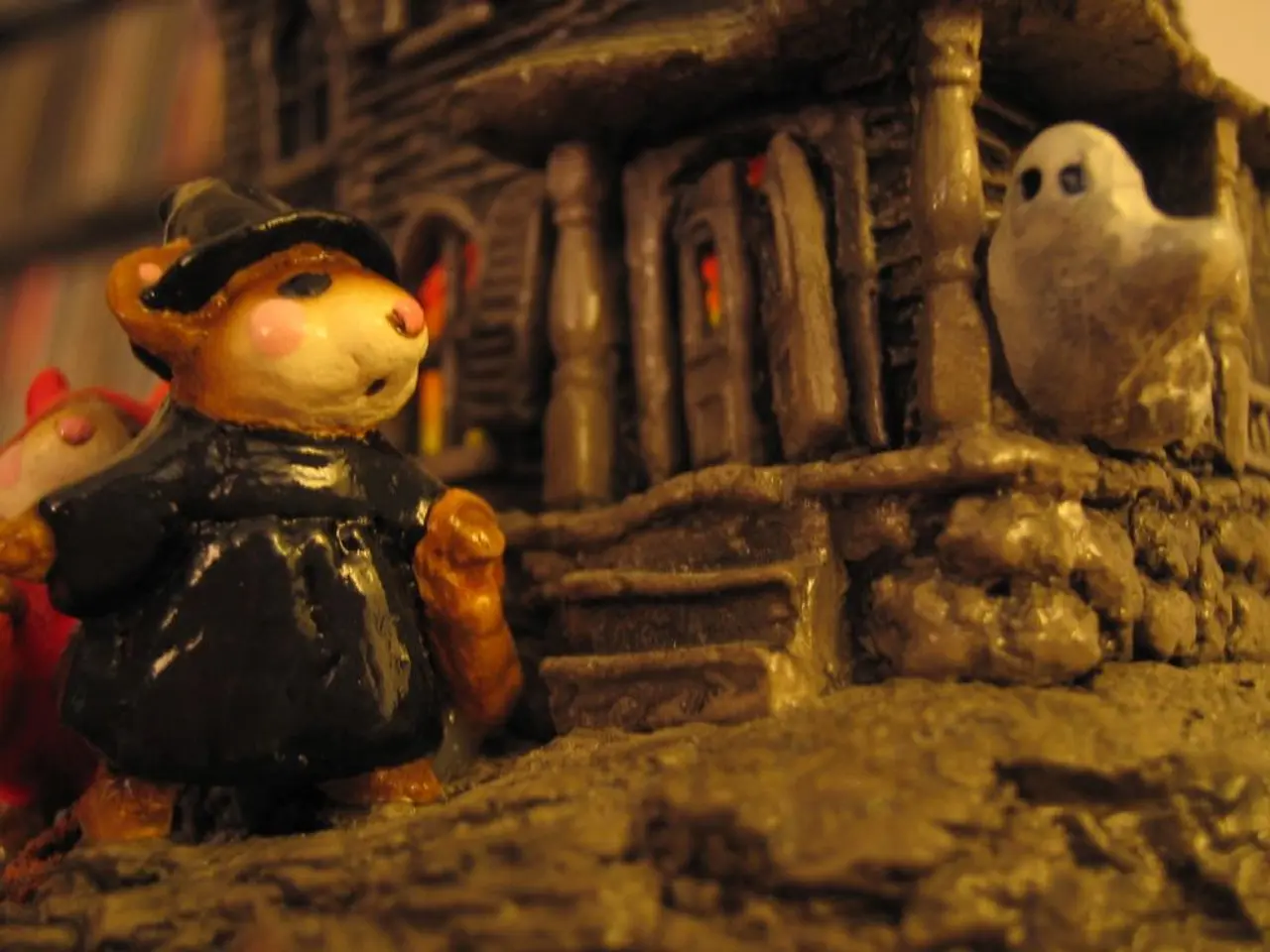Maintenance Guide for Mechanical Ventilation and Heat Recovery Systems: Ensuring Efficient Performance
In modern homes, Mechanical Ventilation Heat Recovery (MVHR) systems have become increasingly popular due to their ability to ventilate, recover heat, and filter air. These systems are common in new build homes and are a valuable asset for maintaining good indoor air quality.
One of the main components requiring regular maintenance in an MVHR system are the filters. It is recommended to change these filters every 3 to 6 months, depending on the filter type and usage conditions. Some sources suggest that filters may need replacement every 1 to 3 months under heavier use or with finer filters.
Regular cleaning and inspection of other components, such as heat exchangers, fans, and air intakes, should be carried out at least annually. The exact frequency varies by manufacturer and system design, but it is essential to ensure the system's overall health.
MVHR fan units typically have at least one set of filters, which can be G3, G4, F7, or F8 filters. Maintaining these filters is a user-friendly operation, but it is crucial to install the fan unit in an easy-to-reach area to ensure maintenance is done effectively.
Ceiling valves in each room, especially extract valves in the bathroom and kitchen, can get dirty and need cleaning. Wipe these valves with warm water and household cleaner, and dry them to avoid rust. It is important to avoid mixing up the valves or readjusting them, as this may require rebalancing by an experienced MVHR installer.
The condensate drains of an MVHR system require periodic checks for blockages due to dirt buildup. A dry trap is fitted to the condensate drain, which allows condensate water to flow to the waste pipe while preventing smells from entering the MVHR system.
Less popular but an option for a busy kitchen is to have grease filters in the room extract vents to prevent dirt clogging up the heat exchanger in the fan unit.
In some cases, a noisy MVHR system may indicate a need for maintenance, and a fan motor replacement is a job that should be done by an experienced installer.
Many MVHR units have a digital display, which may have small batteries to run the memory. These batteries can be replaced easily, and it is essential to ensure they are functioning correctly to maintain system performance.
MVHR fan units typically have a five-year warranty, with the first year or two including parts and labor, and the remainder parts only. To extend the life expectancy of the fan unit, it is important to purchase a good quality MVHR fan unit and maintain it regularly.
Charcoal and pollen filters are more expensive, but they can be used at certain times of the year to save on costs. These filters are particularly useful for people with allergies or respiratory issues.
Regular maintenance helps ensure optimal ventilation, efficiency, and indoor air quality. By following these guidelines, you can keep your MVHR system in top shape and enjoy the benefits of fresh, clean air in your home.
- Regularly replace MVHR filters (every 3 to 6 months) for optimal system performance and good indoor air quality.
- Clean or inspect other components, such as heat exchangers, fans, and air intakes, at least once a year, and adjust the frequency based on the manufacturer and system design.
- Maintain easy access to MVHR fan units for effortless filter changes by installing them in an easy-to-reach area.
- Clean dirty ceiling valves, especially extract valves in the bathroom and kitchen, with warm water and household cleaner to avoid rust and maintain proper system function.
- Periodically check the condensate drains of an MVHR system for blockages due to dirt buildup, ensuring that the dry trap allows condensate water to flow efficiently.
- Consider using additional filters, such as grease filters in the kitchen or charcoal and pollen filters, for increased energy savings and improved air quality, especially for individuals with allergies or respiratory issues.




